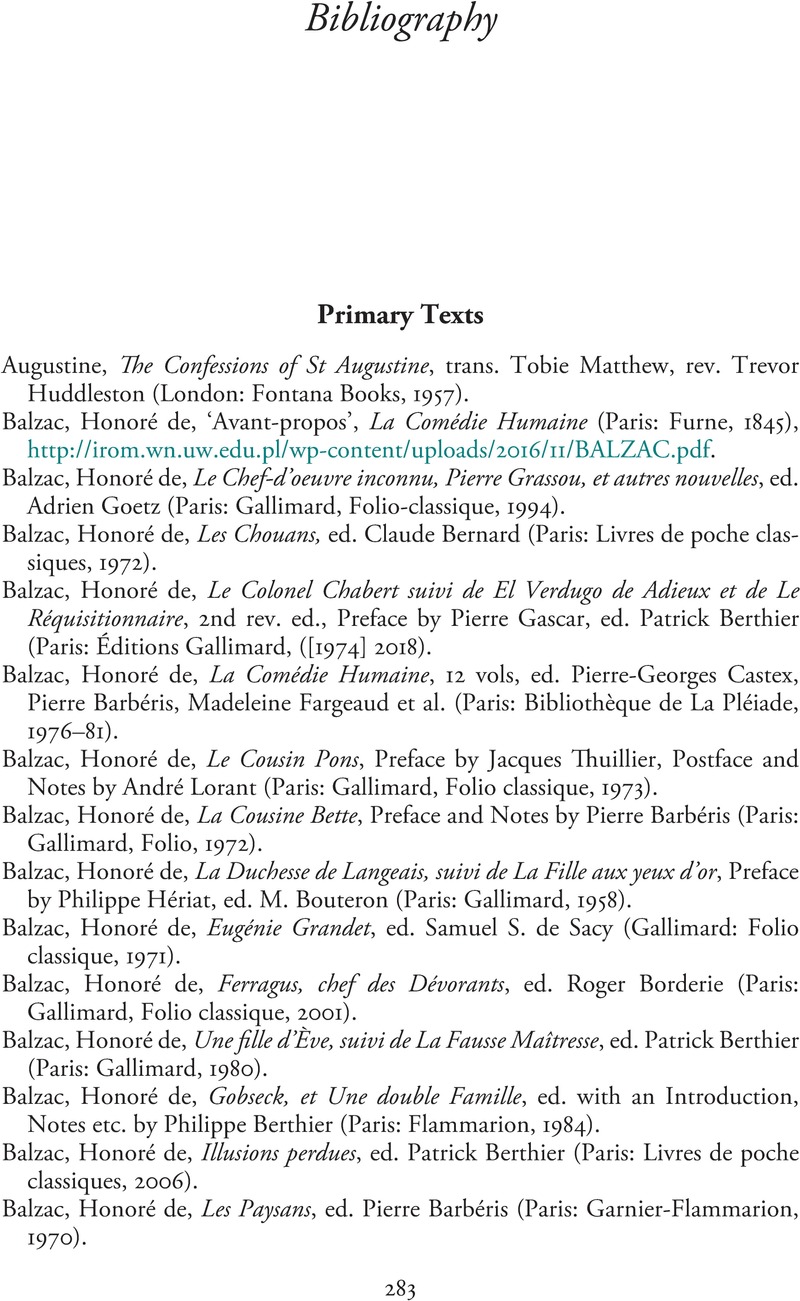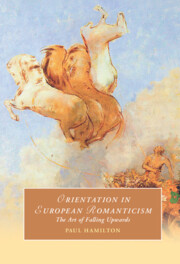Book contents
- Orientation in European Romanticism
- Cambridge Studies in Romanticism
- Series page
- Orientation in European Romanticism
- Copyright page
- Contents
- Acknowledgements
- Part I Disorientating Kant
- Part II The Uses of Abjection
- Part III Optimism and Pessimism
- Part IV Romancing the Modern
- Notes
- Bibliography
- Index
- Cambridge Studies in Romanticism
- References
Bibliography
Published online by Cambridge University Press: 13 October 2022
- Orientation in European Romanticism
- Cambridge Studies in Romanticism
- Series page
- Orientation in European Romanticism
- Copyright page
- Contents
- Acknowledgements
- Part I Disorientating Kant
- Part II The Uses of Abjection
- Part III Optimism and Pessimism
- Part IV Romancing the Modern
- Notes
- Bibliography
- Index
- Cambridge Studies in Romanticism
- References
Summary

- Type
- Chapter
- Information
- Orientation in European RomanticismThe Art of Falling Upwards, pp. 283 - 297Publisher: Cambridge University PressPrint publication year: 2022



